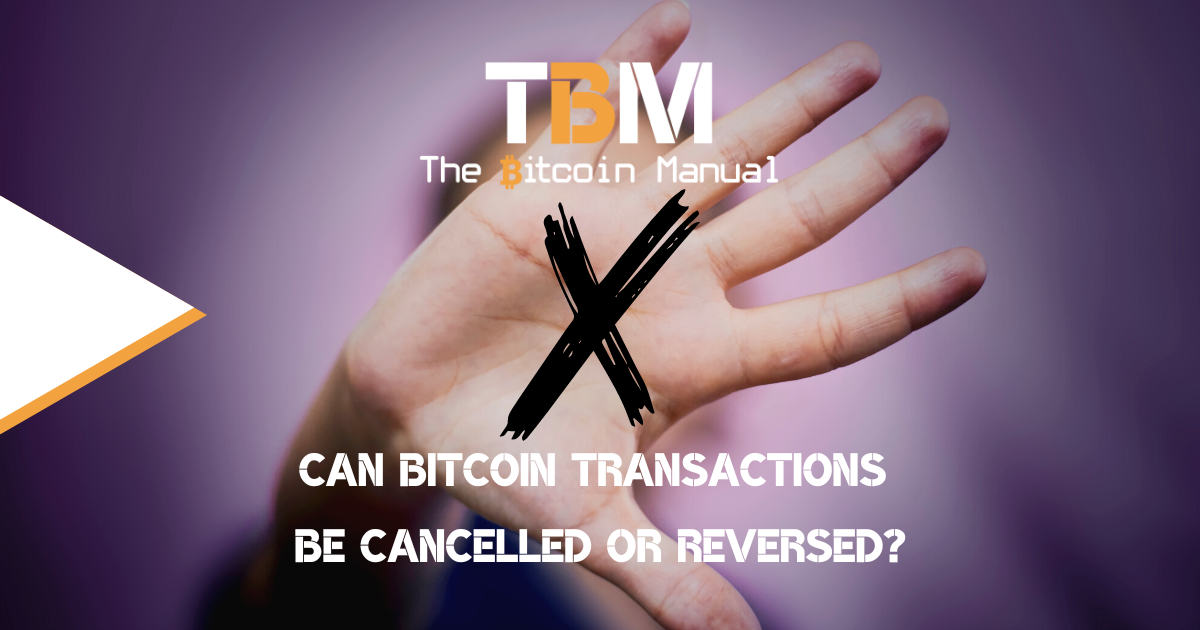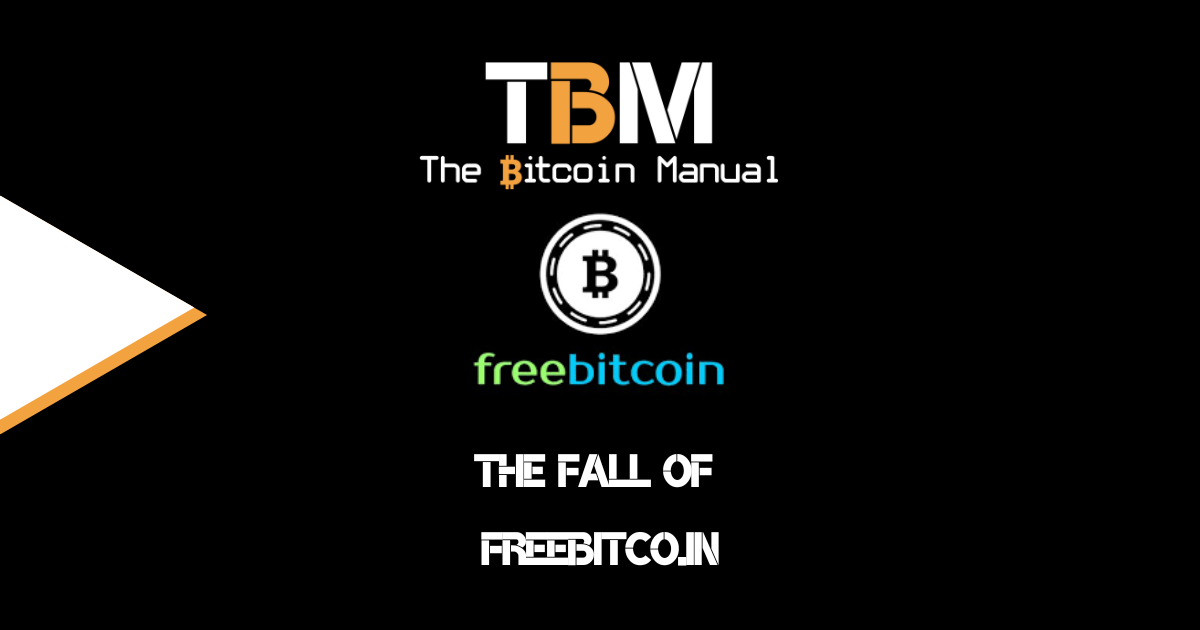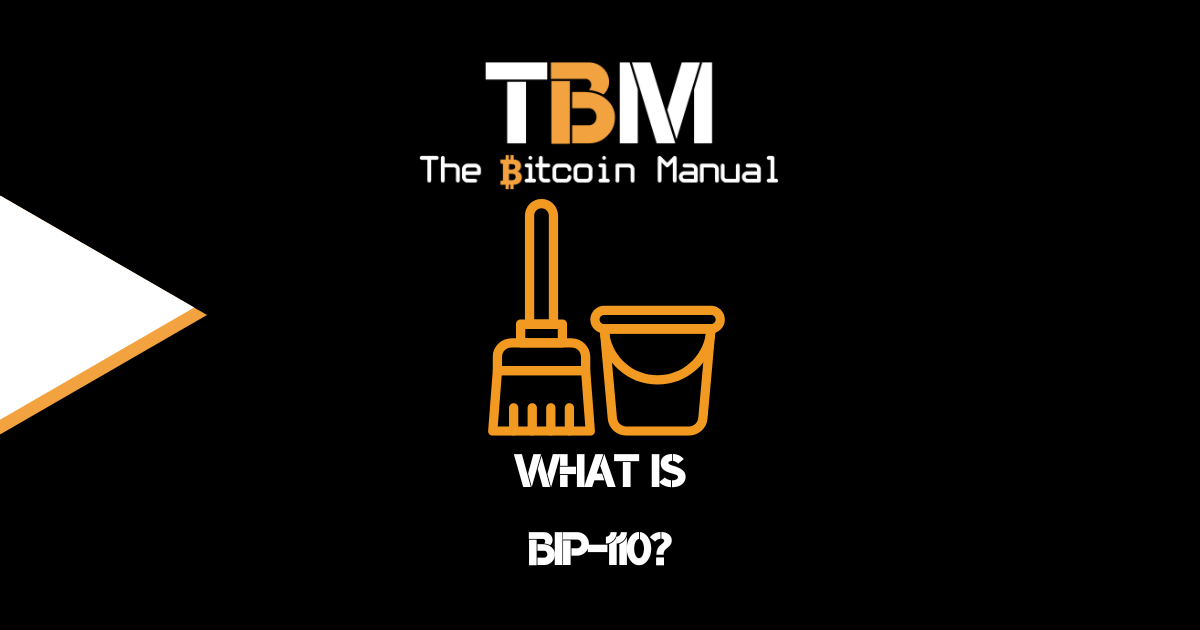The bitcoin blockchain is a database watched by thousands of nodes worldwide and secured by miners who are spending millions on equipment and electricity to ensure the integrity of this network and the transactions secured in them. When you have such a robust setup that spares no expense on security, you have peace of mind that transactions hosted in the bitcoin time chain can’t be messed with or changed once secured in a block.
That level of assurance does come with one caveat; transactions are forever since the blockchain is immutable, and once a transaction is confirmed by miners and nodes, there is no way to alter the records.
While a minority of novice bitcoiners will learn this lesson the hard way each year, even many advanced bitcoin users can recall an incident when they failed to double-check their transaction details and they accidentally sent funds to the wrong recipient, or sent the wrong amount. As unfortunate as it is, bitcoin transactions are designed to be irreversible and with no central authority having a say or any control over them.
Can you cancel or reverse a transaction?
The short answer is no; any Bitcoin (BTC) transaction which has already been broadcast to the network cannot be reversed. This is an important feature of the bitcoin protocol, which prevents payment fraud and double spending, which if permitted, would render the network pointless as a means to transfer and secure value in a decentralised manner.
Once a transaction is confirmed in a new block you can consider them permanent. Transactions can’t be canceled, altered, or reversed. No one can cancel or reverse transactions once they have been written to the blockchain; i.e., confirmed. This includes any wallet provider, node runner or miner, the sender, the receiver, or any other platforms (custodial or non-custodial) involved, they all have to play by the same rules, and there are no favourites.
This is because of the way bitcoin work, enforcing the same rules for everyone and one of the core principles of bitcoin is chain immutability.
Possible options if mistakes are made
Since Bitcoin transaction cannot be reversed, you have to rely on the human on the other end of the transaction. If the bitcoin is moved to an accessible address it can only be refunded by the person receiving the funds and has the authority to use the private keys of that wallet.
This means you should take care to do business with people and organisations that you know and trust, or who have an established reputation.
The bitcoin blockchain does not recognise intensions
Bitcoin is only a ledger of payments, it doesn’t know what the payments are for or why they are made, and sees them all as the same thing, regardless of the circumstances, all transactions will receive the same treatment.
This applies in all cases:
- If you were hacked and someone sent out your coins to a new address.
- If you sent bitcoin to the wrong address.
- If you released bitcoin in a trade by mistake.
- If you were scammed.
How to cancel an unconfirmed Bitcoin transaction
If you have been caught out with a lapse in judgement or a slip of the finger, you have a short window where you can adjust the transaction before it is confirmed, but this only helps if you recognise the mistake immediately, act fast and have the tools and expertise to action the updated the request.
There are two primary strategies you can use to try to cancel your unconfirmed Bitcoin transaction:
- Replace by Fee (RBF)
- Double spend using a higher fee
Some wallets support the RBF protocol allowing you to replace your original transaction with a new one that includes a higher transaction fee. This would effectively unstick your transaction. To use this feature, though, you would’ve needed to make the original transaction replaceable usually via an opt-in checkbox in the first place, if not you’re out of luck.
If you’re unable to use RBF, you still may be able to cancel the Bitcoin transaction by double spending with a higher fee. To do this, make a new transaction equal to the amount of the original one and send it to yourself. Make sure the transaction fee on this is significantly higher than the original one you paid.
Neither method is guaranteed to work and both methods would require you to pay more on-chain fees to even attempt it, co consider this before you try to salvage the transaction.
Track the address
If you have sent bitcoin to an incorrect address that someone has access to, like a scam address, you can still monitor the UTXO, but you’ve already signed over rights to those funds, so all you can do is watch the funds move around the chain. You could report the stolen funds to law enforcement with the public key and transaction ID and hope it’s added to a blacklist.
If the recipient makes a mistake and tries to cash the funds out to a KYC exchange, you could have those funds frozen by the exchange, or law enforcement could get the user’s identification. This is only one possible scenario, and I don’t want to give you false hope, as those coins could have been transferred to many hands, it could be CoinJoined, or the KYC account used could have been purchased using an unrelated identity.
When we track transition on the bitcoin blockchain and overlay external data on top of it, we’re only making the best-educated guess we can with the information we have available. In most cases, those funds are gone for good.
Sent to a burn address
Bitcoin addresses come in different shapes and forms, but they are all long strings of text; some use upper and lower case, and others use only lower case. To a novice bitcoin user, these addresses can easily be corrupted by copying it incorrectly or typing in the address and introducing a mistake.
If you’re using a more advanced wallet, with bech32 addresses, it should flag if an address doesn’t have the correct format, but this user experience is not always the case. Plenty of users have broadcast bitcoin to wallet addresses that don’t exist because they made mistake with an address. Additional services might exist in the future to provide more choice and protection before confirming a transaction, as this will be an issue that persists as more people join the network.
If you have sent bitcoin to an address that doesn’t have a private key pair to match it, consider those funds burned for good. You have officially reduced the amount of circulating bitcoin, and there will forever be fewer bitcoin in circulation.
Bitcoin adds a cost if you’re not cautious
If you want to avoid this problem and ensure that your bitcoin transactions are confirmed correctly then we suggest you take great care when generating a bitcoin address. Don’t do it when you’re distracted or in the company of others, take your time, check the formatting of the address several times, paste it into a blockchain explorer and monitor it once you broadcast.
Another option is to first send a small amount of bitcoin first, to test the address, before you send a large amount. In bitcoin there are no do-overs, so those who are cautious and take care of their bitcoin will end up getting the most out of the value they store in this asset class.
Share your pain
Have you made a mistake while transacting with bitcoin in the past? What did you do? Have tried replace-by-fee? Share your experiences below, we’d love to hear all about it.





